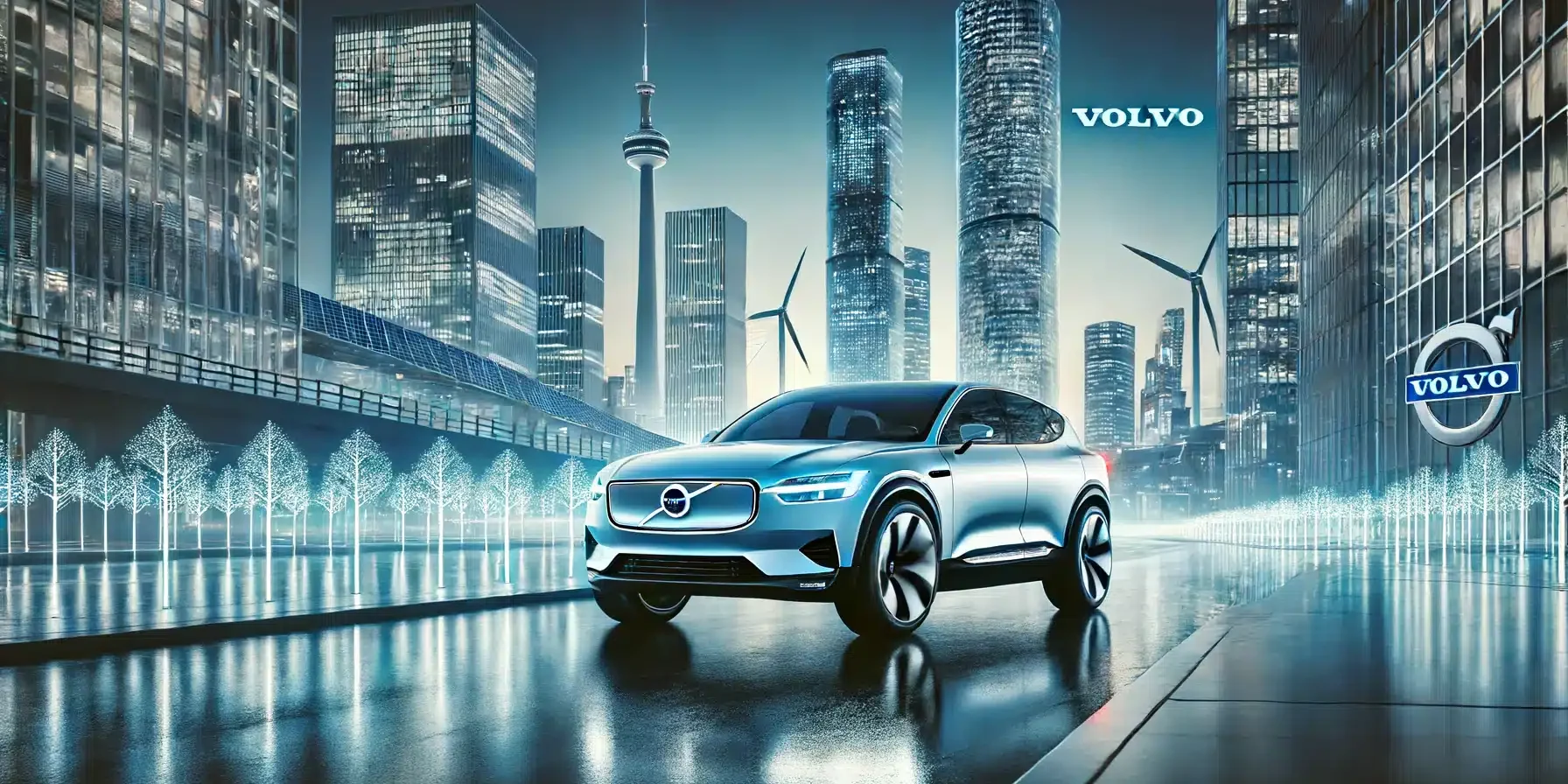Volvo’s Vision: Pioneering Sustainable Mobility and Advanced Technology
Volvo Cars, a leader in automotive safety and innovation, is making significant strides towards a sustainable and technologically advanced future. The company is committed to reducing its environmental impact, expanding its electric vehicle (EV) lineup, and integrating cutting-edge technology to enhance the driving experience. This article delves into Volvo’s latest initiatives, their EV expansion, and their commitment to sustainability and innovation.
Expansion of Electric Vehicles
Volvo has committed to becoming a fully electric car company by 2030. This ambitious goal is supported by the launch of several new electric models, including the Volvo XC40 Recharge and the upcoming Volvo C40 Recharge. The XC40 Recharge, Volvo’s first fully electric SUV, offers a range of up to 418 km (260 miles) on a single charge and features fast-charging capabilities, allowing the battery to reach 80% capacity in just 40 minutes.
The C40 Recharge, set to debut soon, represents Volvo’s first model designed exclusively as an electric vehicle. It combines the benefits of an SUV with a sleek coupe-like design, offering a range of up to 420 km (261 miles). The C40 Recharge also features advanced infotainment and connectivity options, including a Google-powered Android Automotive OS that provides seamless integration with Google services.
Commitment to Sustainability
Volvo’s sustainability strategy is centered around reducing its carbon footprint and promoting eco-friendly practices across its operations. The company aims to achieve carbon neutrality by 2040, aligning with global efforts to combat climate change. Volvo’s manufacturing plants are increasingly powered by renewable energy, and the company is investing in sustainable materials for its vehicle interiors.
One notable initiative is the use of recycled and bio-based materials in Volvo’s electric vehicles. For example, the XC40 Recharge features carpets made from recycled PET plastic bottles, and the interior includes other sustainable materials such as bio-based plastics and recycled fishing nets. This approach not only reduces environmental impact but also underscores Volvo’s commitment to responsible sourcing and sustainability.
Advanced Safety and Driver Assistance Systems
Volvo continues to lead in automotive safety, a hallmark of the brand since its inception. The latest Volvo models are equipped with advanced safety features and driver assistance systems (ADAS), such as Pilot Assist, which provides semi-autonomous driving capabilities. Other features include adaptive cruise control, lane-keeping assist, collision avoidance, and a 360-degree camera system.
Volvo’s safety innovations are not limited to its vehicles. The company is also investing in vehicle-to-vehicle (V2V) and vehicle-to-infrastructure (V2I) communication technologies, which enhance road safety by enabling cars to share information about road conditions and potential hazards.
Connectivity and Infotainment
Volvo’s latest models feature state-of-the-art infotainment systems powered by Google’s Android Automotive OS. This system provides a user-friendly interface with access to Google Maps, Google Assistant, and a wide range of apps from the Google Play Store. The integration of Google services ensures that drivers have access to real-time navigation, voice control, and personalized recommendations.
The Volvo On Call app allows users to remotely control various vehicle functions, such as locking and unlocking doors, checking the battery status, and pre-conditioning the interior. The app also provides real-time traffic updates and navigation assistance, enhancing the overall driving experience.
Global Expansion and Market Strategy
Volvo is expanding its global footprint, particularly in emerging markets where there is a growing demand for premium vehicles. The company’s strategy includes the development of new models tailored to the specific needs and preferences of customers in different regions. Volvo’s manufacturing facilities in Europe, China, and the United States are crucial to this strategy, enabling the brand to produce vehicles that meet local demands while maintaining high standards of quality and sustainability.
Future Vision and Innovation
Looking ahead, Volvo is committed to driving innovation and sustainability in the automotive industry. The company is investing in research and development to advance battery technology, autonomous driving, and digital connectivity. Future models will feature next-generation electric drivetrains, advanced driver-assistance systems, and enhanced connectivity features.
Volvo’s vision for the future includes the introduction of autonomous driving capabilities, with the goal of offering fully autonomous vehicles within the next decade. This technology will enhance safety, reduce traffic congestion, and provide a more convenient and enjoyable driving experience.
Conclusion
Volvo Cars is paving the way for a sustainable and technologically advanced future in the automotive industry. With a comprehensive range of electric vehicles, a strong focus on sustainability, and cutting-edge technology, Volvo is well-positioned to meet the challenges of tomorrow’s mobility. The brand’s commitment to innovation, safety, and customer satisfaction continues to drive its success, making Volvo a preferred choice for discerning drivers worldwide.
For more information on Volvo’s latest models and initiatives, visit the Volvo official website.







